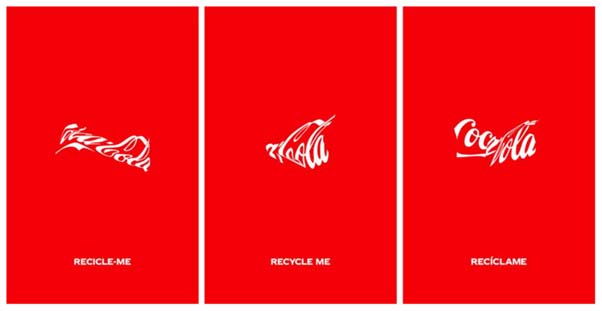Coco Cola’s iconic marketing campaigns
Coca-Cola’s marketing campaigns have been nothing short of iconic, capturing the hearts and minds of consumers worldwide for generations. From its timeless slogan “It’s the Real Thing” to the unforgettable “Share a Coke” campaign, the brand has consistently delivered innovative and impactful marketing initiatives.
One of Coca-Cola’s most memorable campaigns is the “Hilltop” commercial, featuring the famous jingle “I’d Like to Buy the World a Coke.” Airing in 1971, this ad promoted unity and harmony, resonating with audiences across cultures and generations.
In 2011, Coca-Cola launched the “Share a Coke” campaign, replacing its logo with popular names and encouraging consumers to share personalized bottles with friends and loved ones. This groundbreaking initiative sparked social media frenzy and boosted sales, demonstrating the brand’s ability to connect with consumers on a personal level.
Additionally, Coca-Cola’s sponsorship of major events like the Olympics and FIFA World Cup has further solidified its place in popular culture. By associating its brand with moments of joy, celebration, and togetherness, Coca-Cola continues to cultivate a powerful emotional connection with consumers worldwide, ensuring its status as a global marketing phenomenon for years to come.
The recent Coco Cola’s marketing campaign
Coca-Cola’s innovative marketing strategy extends beyond just creating memorable campaigns; it also emphasizes environmental responsibility. Through initiatives like the “Recycling Logo” campaign, the brand promotes sustainability and encourages consumers to participate in recycling efforts.

The images and films depict the Coca-Cola logo after a can has been crushed during the recycling process. This visual representation serves as a call to action, reminding consumers of the importance of recycling their beverage containers. By showcasing the logo in its altered state, Coca-Cola emphasizes the transformational journey of its products from consumption to recycling.
Moreover, the campaign leverages the iconic Coca-Cola logo as a symbol of environmental consciousness. By associating recycling with its recognizable brand image, Coca-Cola reinforces its commitment to sustainability and positions itself as a responsible corporate citizen.
Through this campaign, Coca-Cola not only raises awareness about recycling but also empowers consumers to take tangible steps towards environmental conservation. By encouraging individuals to recycle their Coca-Cola cans, the brand fosters a culture of sustainability and demonstrates its dedication to making a positive impact on the planet.
Overall, the “Recycling Logo” campaign exemplifies Coca-Cola’s holistic approach to marketing, which not only drives brand awareness and consumer engagement but also promotes social and environmental responsibility.
How is this a good marketing strategy?
Coca-Cola’s “Recycling Logo” campaign demonstrates a strong marketing strategy by seamlessly integrating brand promotion with environmental responsibility. By visually depicting the transformation of its logo through the recycling process, Coca-Cola creates a powerful call to action for consumers to participate in recycling efforts. This strategy leverages the brand’s iconic imagery to associate Coca-Cola with sustainability, reinforcing its commitment to environmental stewardship.
Moreover, by empowering consumers to take tangible steps towards conservation, Coca-Cola fosters a sense of social responsibility among its audience, which enhances brand loyalty and positive perception. The campaign not only raises awareness about recycling but also aligns Coca-Cola with values of environmental consciousness, appealing to increasingly eco-conscious consumers.
This integrated approach not only enhances brand image but also drives consumer engagement and loyalty by connecting with consumers on a deeper level beyond mere product consumption. Ultimately, Coca-Cola’s “Recycling Logo” campaign serves as a prime example of how effective marketing can promote both brand objectives and societal good simultaneously.
Conclusion
In conclusion, Coca-Cola’s “Recycling Logo” campaign implies a symbiotic relationship between effective marketing and corporate social responsibility. By seamlessly integrating environmental consciousness with brand promotion, Coca-Cola not only raises awareness about recycling but also fosters a culture of sustainability among consumers. Through the visual representation of its logo’s transformation, the campaign inspires action and reinforces Coca-Cola’s commitment to making a positive impact on the planet.
This holistic approach not only strengthens brand loyalty and perception but also contributes to larger societal goals of environmental conservation. In essence, the campaign underscores the power of marketing to drive meaningful change while achieving business objectives.